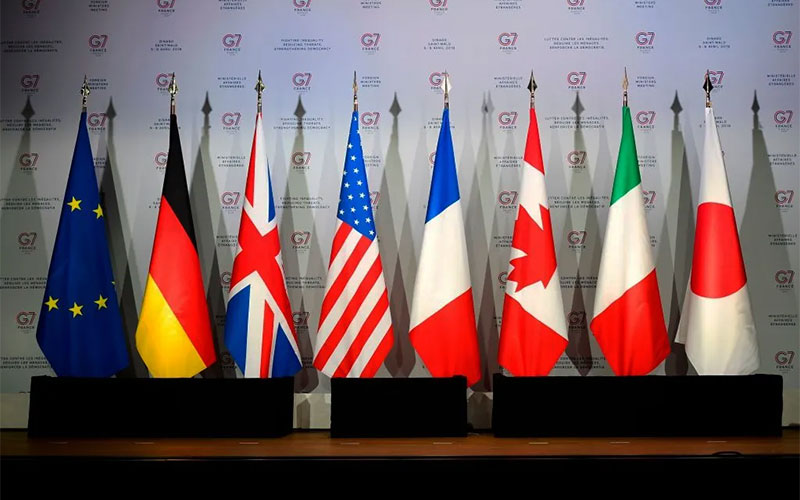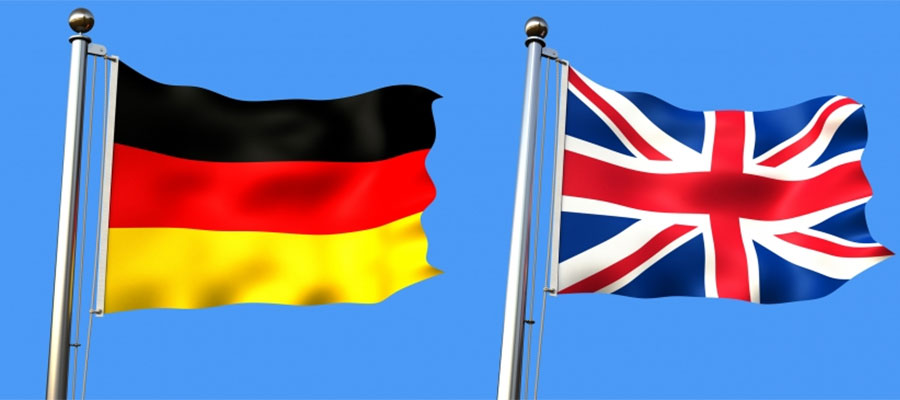Why Are Germany And The UK Economic Allies?
Even though the UK and Germany are two very different countries with two very different languages, their economies have always been allied. But why is that? What is it about these two countries’ economies that have drawn them together for so many years? We’ll explore the history of the UK-Germany economic alliance and see what factors have contributed to its success.
How much trade does Germany make with the UK?
Germany is the UK’s second-largest export market and third-largest import market. Bilateral trade between the two countries was worth £187 billion in 2016. The UK exports more to Germany than to any other country except the US. In 2015, exports to Germany were worth £32.6 billion, while imports from Germany were worth £46.4 billion. In 2017 sending money from Germany to UK reached its peak. £ 23.4 billion was sent from Germany to the UK. This is equivalent to €26.3 billion or US$32.1 billion. Individuals rather than businesses or governments sent the majority of this money.
The UK’s main exports to Germany are:
- Cars.
- Machinery and equipment.
- Chemicals.
- Pharmaceuticals.
- Food and drink.
What is the relationship between the UK and Germany?
The UK and Germany have a special relationship based on shared values and close cooperation in many areas. We are key allies within NATO, the UN Security Council, and the EU. We work together to promote democracy, human rights, and the rule of law worldwide. We also cooperate closely on economic issues and jointly lead several international organizations, such as the G7 and G20.

However, there are some areas of disagreement between the UK and Germany. For example, the UK is not part of the Schengen Area, which allows for free movement of people between member states. The UK also opts out from the EU’s Justice and Home Affairs policies.
What is Germany’s economy like?
Germany has the fifth largest economy in the world, with a GDP of $3.4 trillion. It is also the largest economy in Europe, ahead of the UK ($2.9 trillion), France ($2.6 trillion), and Italy ($2.1 trillion). Germany is a leading exporter of cars, machinery, and chemicals. It is also home to many world-renowned companies, such as Siemens, Mercedes-Benz, BMW, and Adidas.
Since the global financial crisis, Germany’s economy has continued to grow, while many other countries have struggled. In 2016, Germany’s GDP growth was 1.9%, compared to 0.8% in the UK and 1.6% in the US. Germany’s unemployment rate is also much lower than the UK’s, at 4.2% compared to 4.9%.
What is Great Britain’s economy like?
The UK has the sixth largest economy in the world, with a GDP of $2.9 trillion. It is also the third largest economy in Europe, behind Germany ($3.4 trillion) and France ($2.6 trillion). The UK is a leading exporter of financial services, cars, and machinery. It is also home to many world-renowned companies, such as Barclays, Rolls-Royce, and Jaguar Land Rover.
Since the global financial crisis, the UK’s economy has grown more slowly than Germany’s or France’s. In 2016, the UK’s GDP growth was 0.8%, compared to 1.9% in Germany and 1.6% in France.

